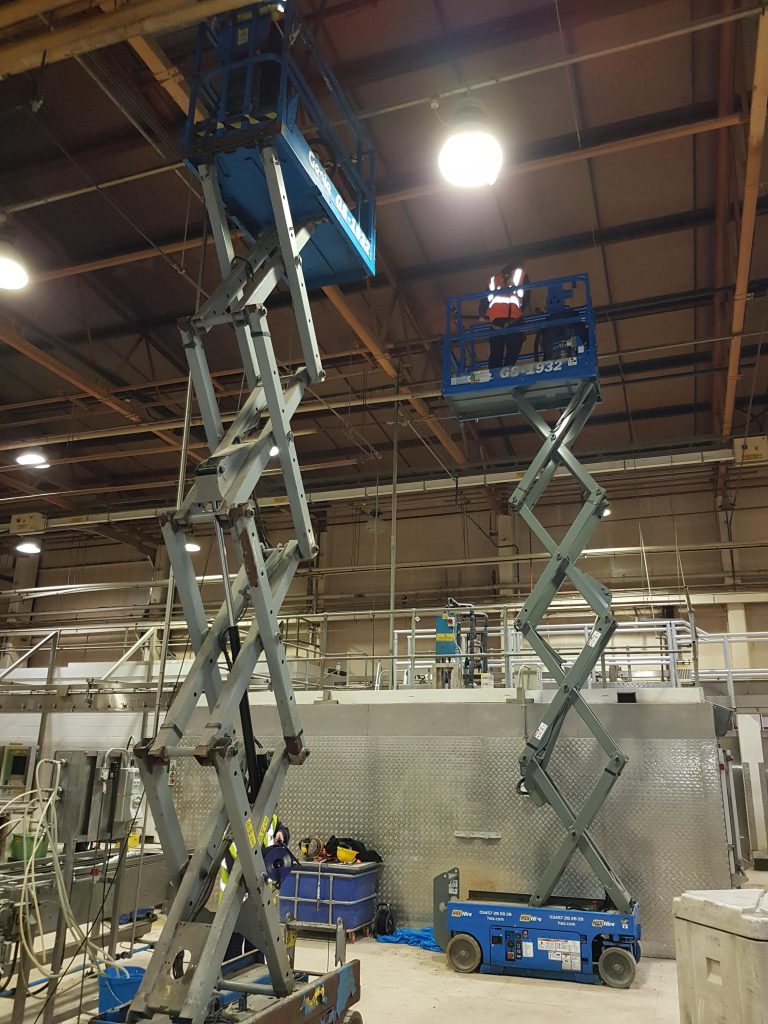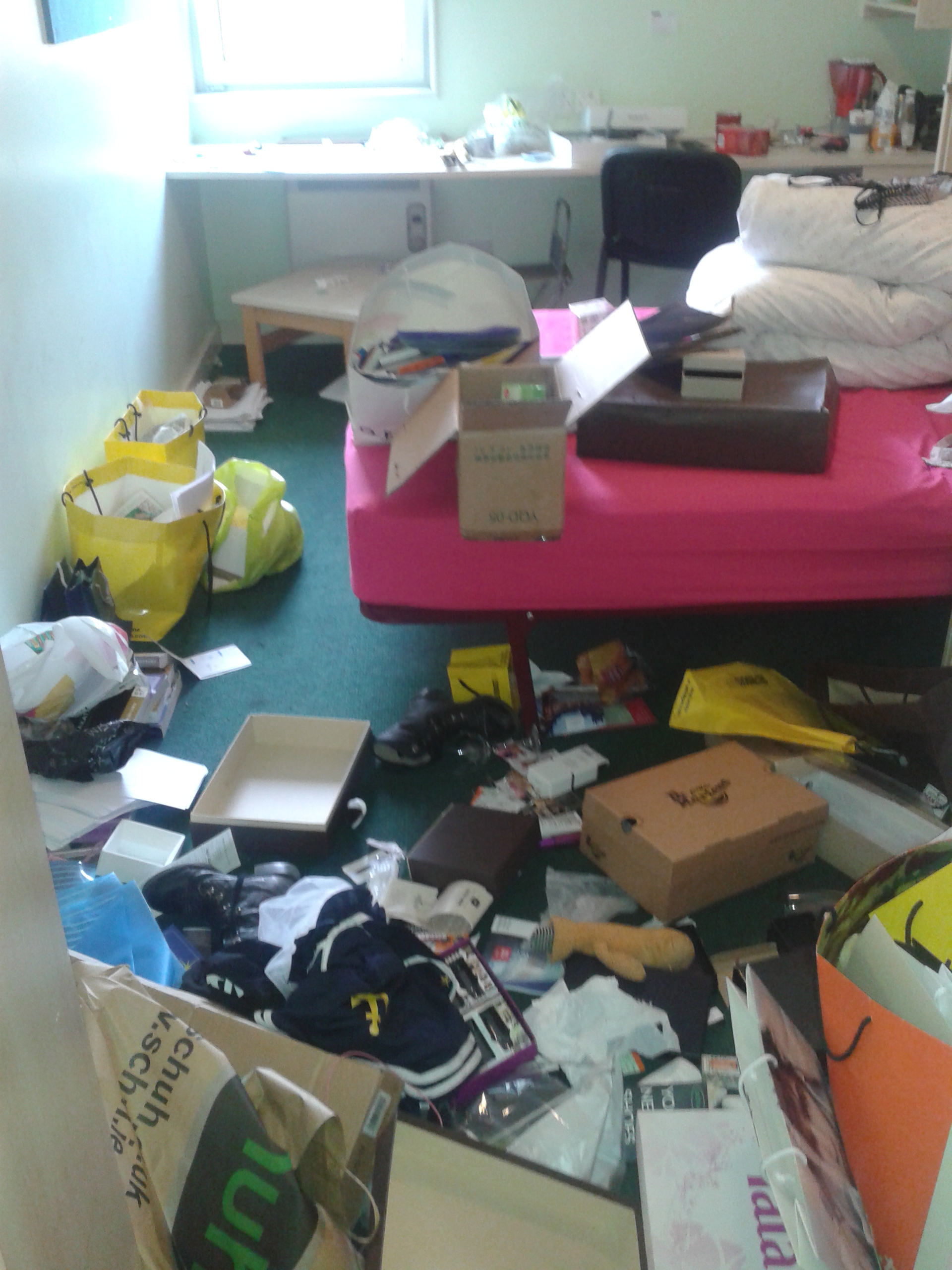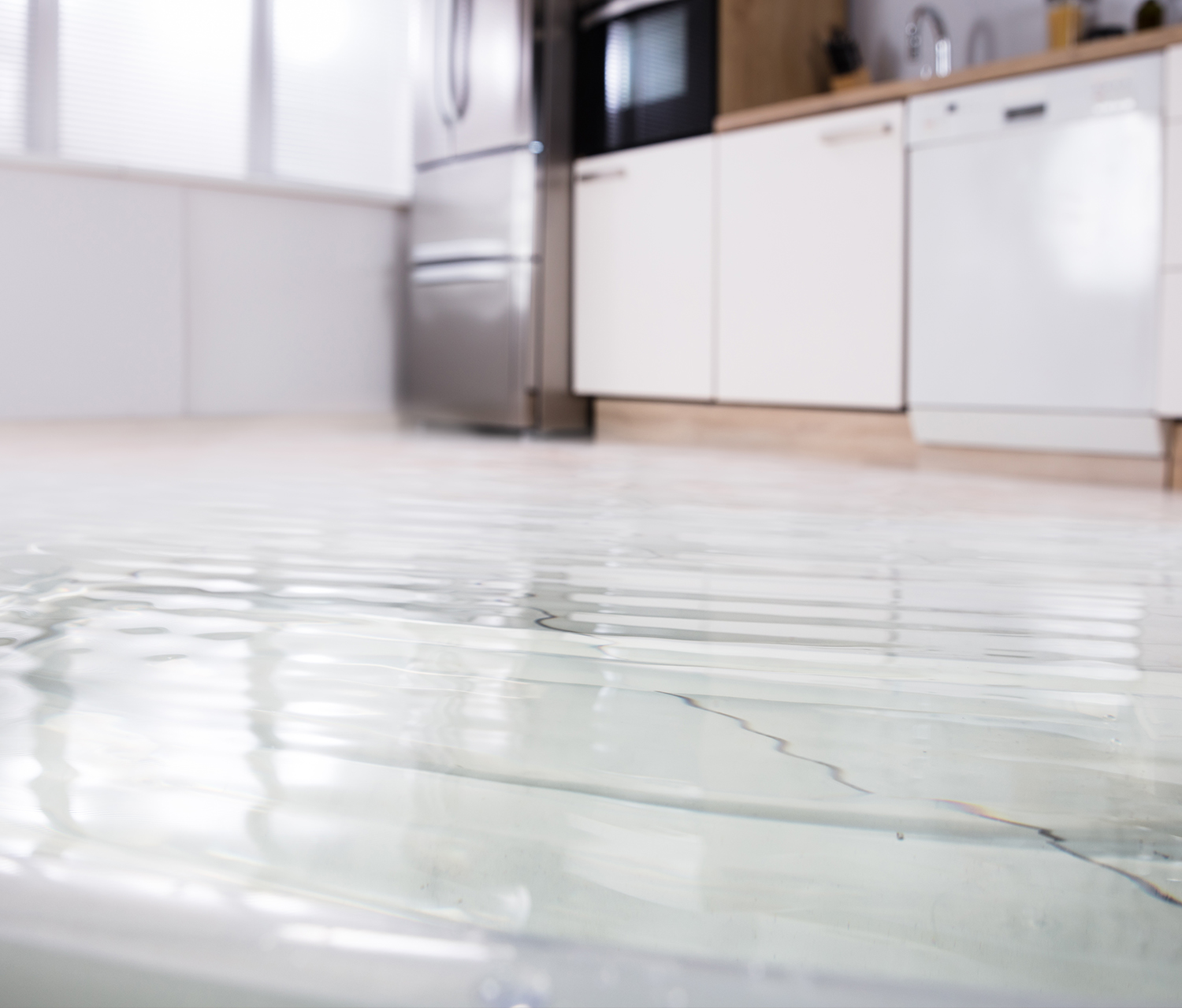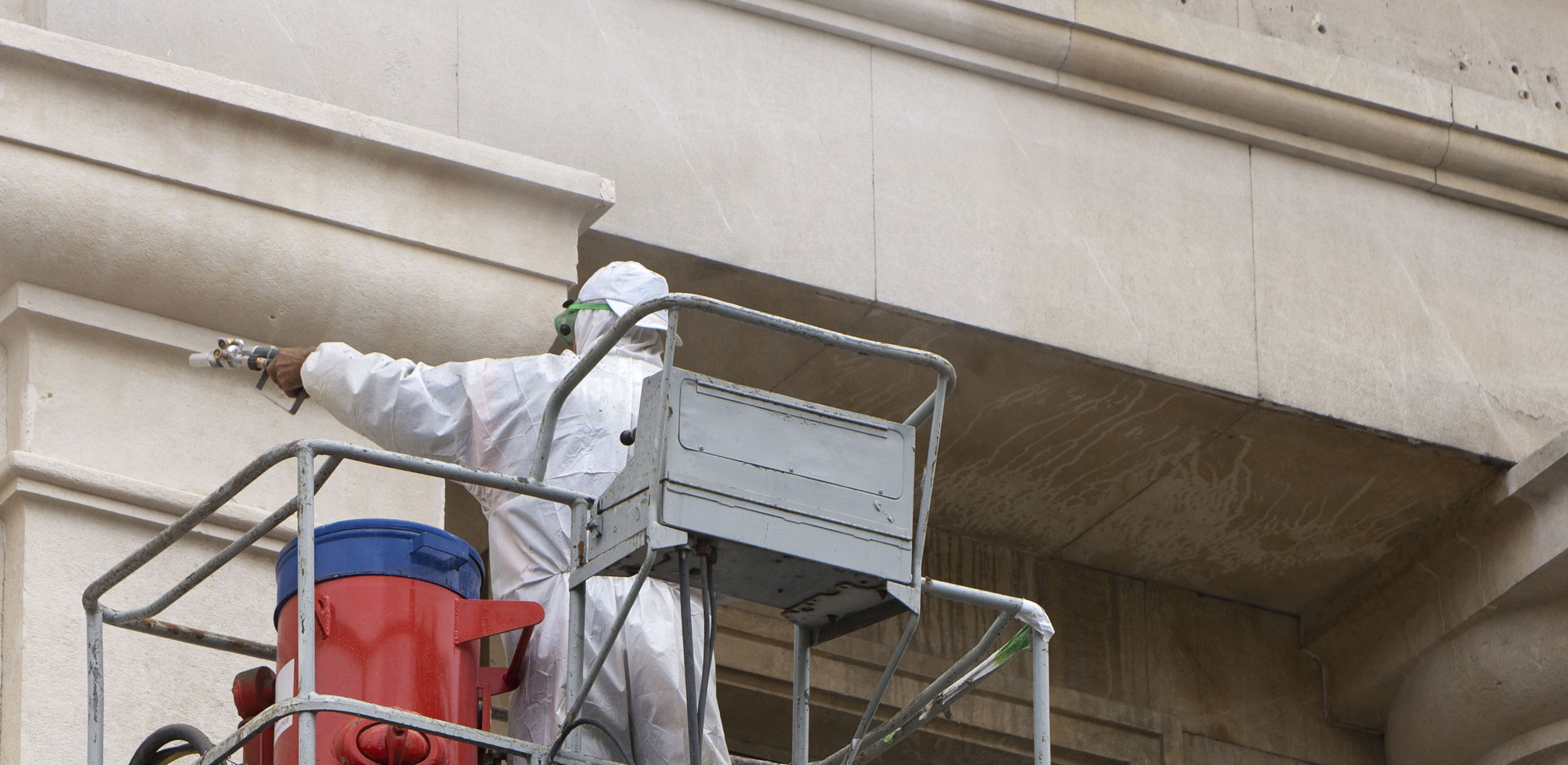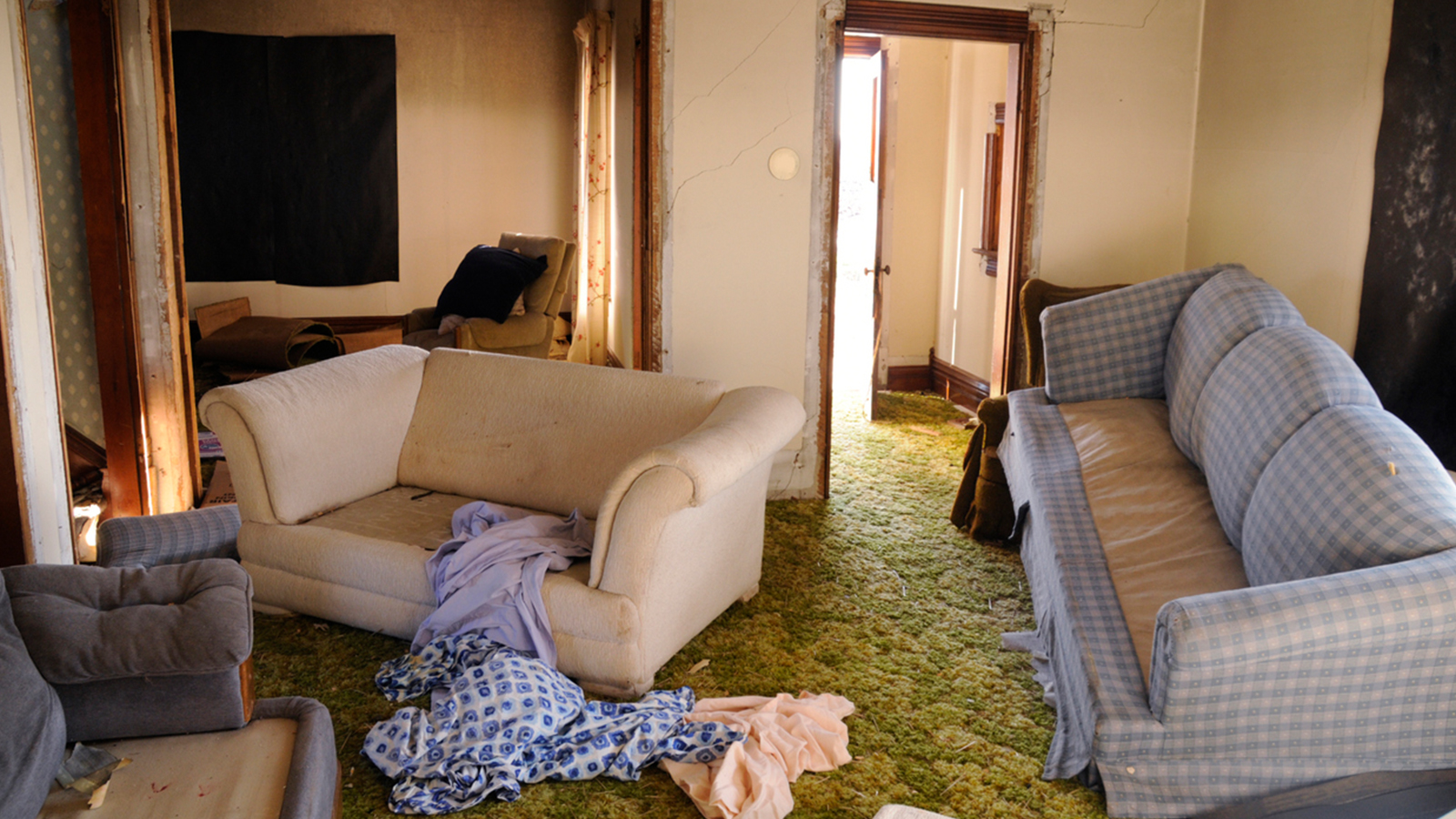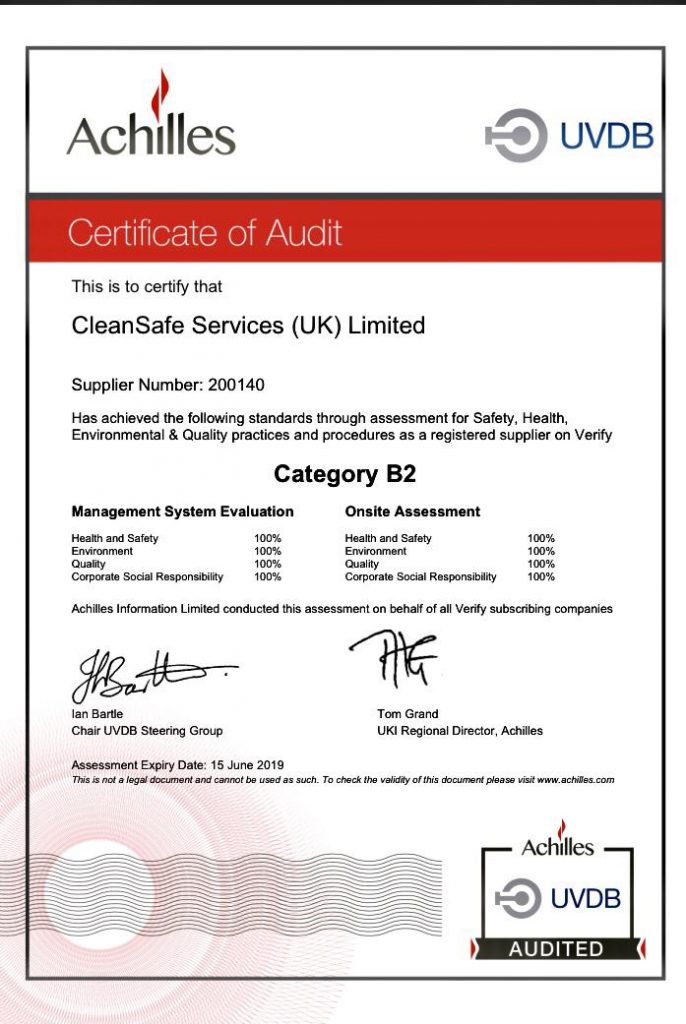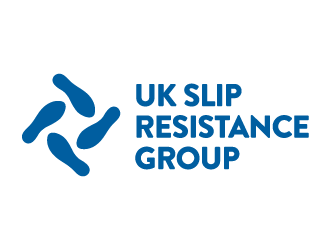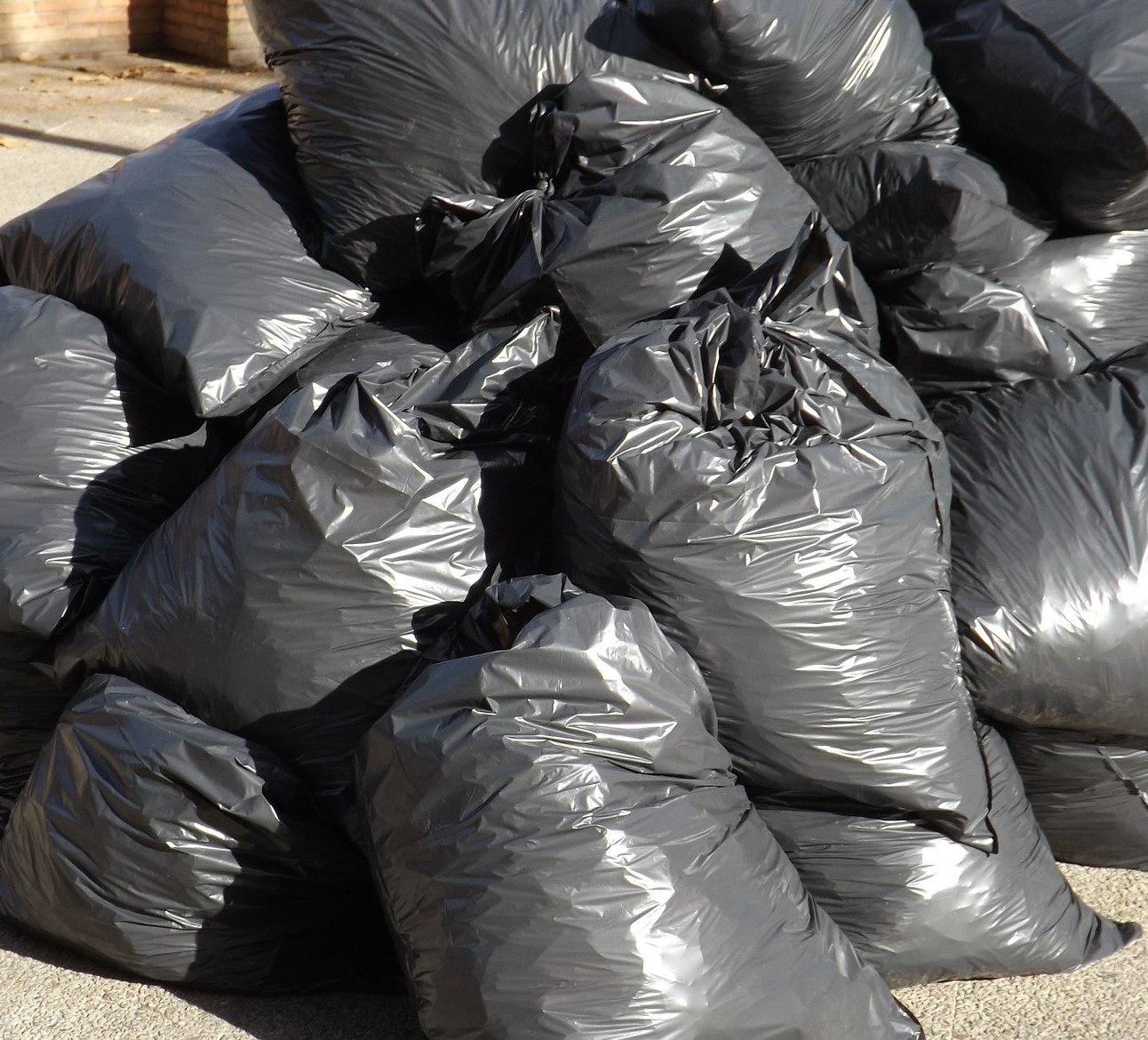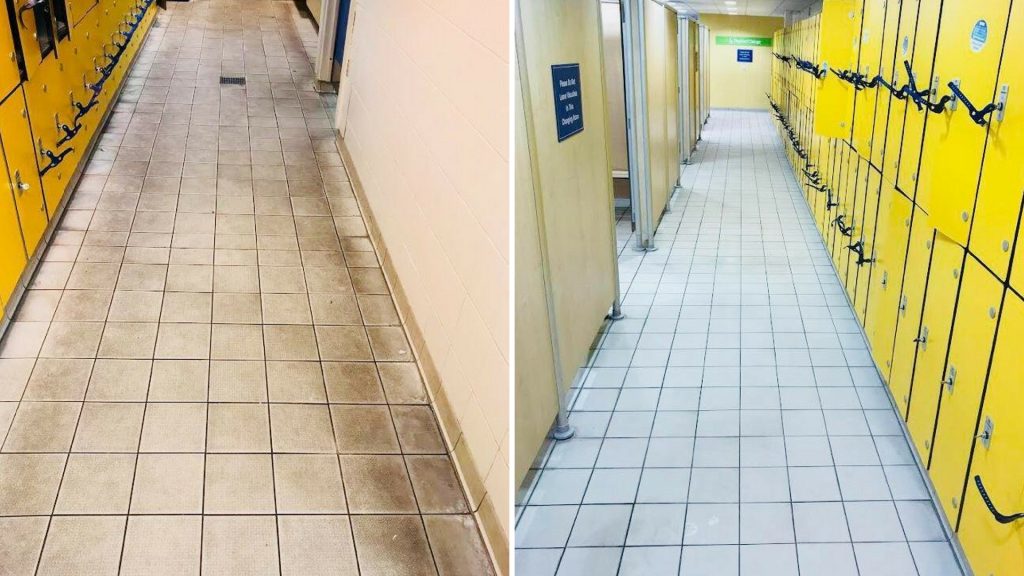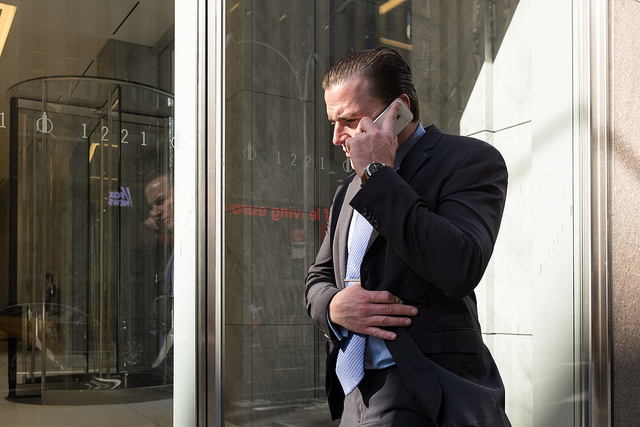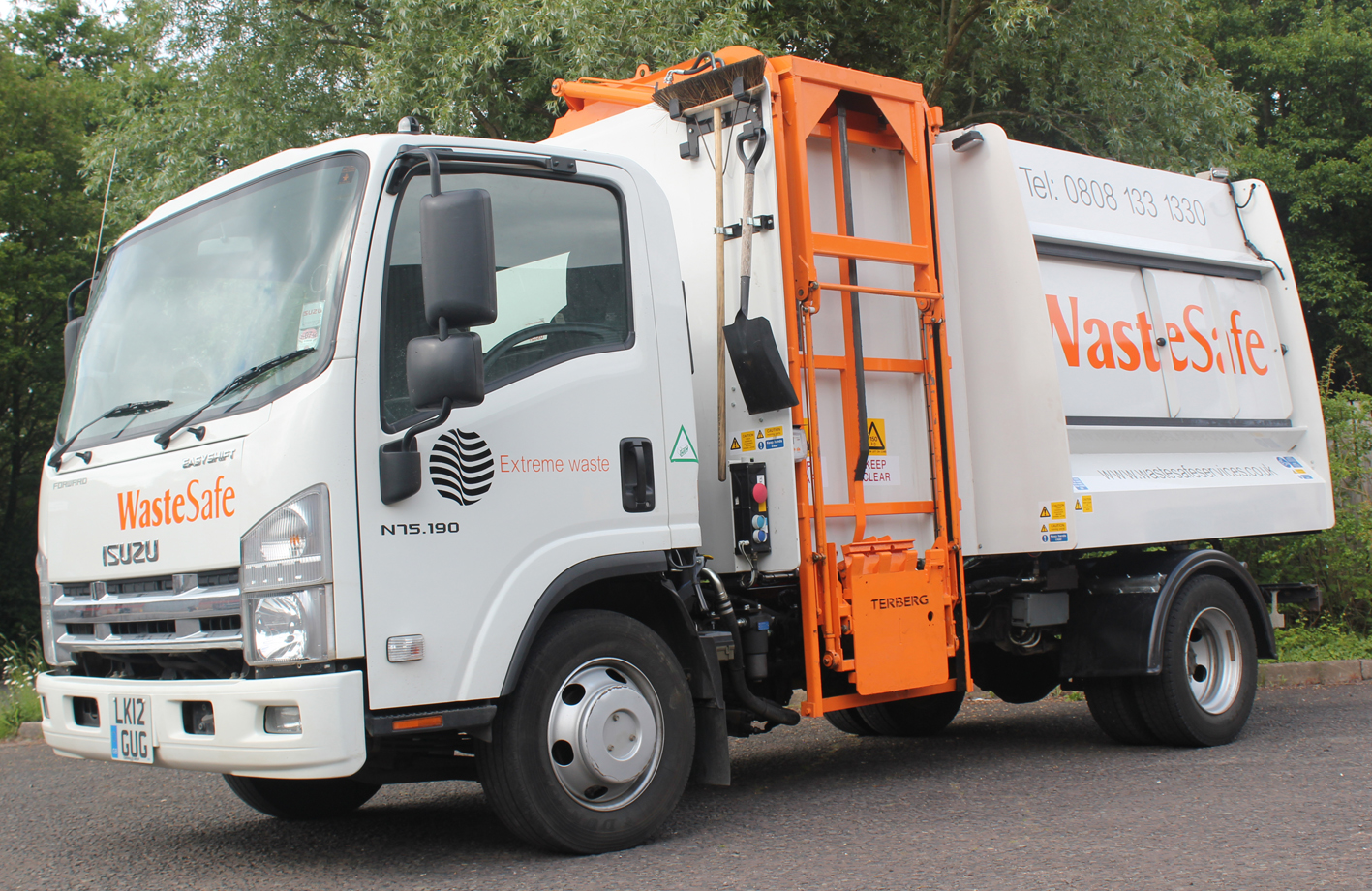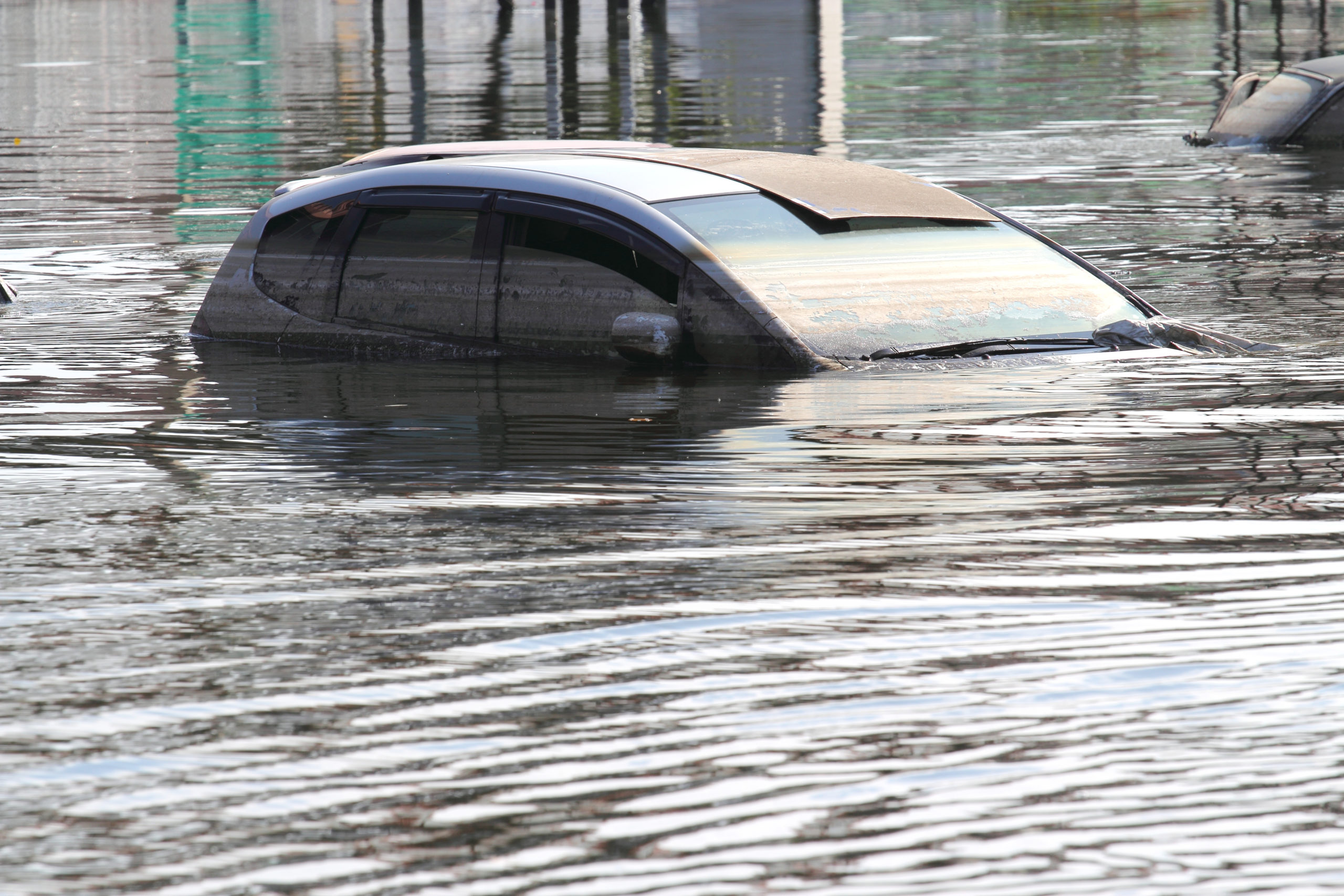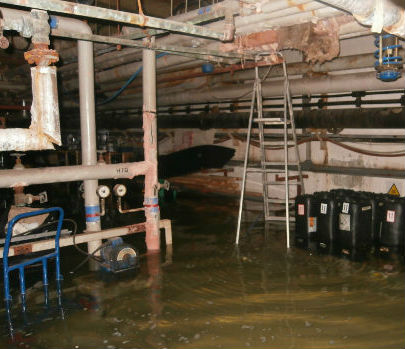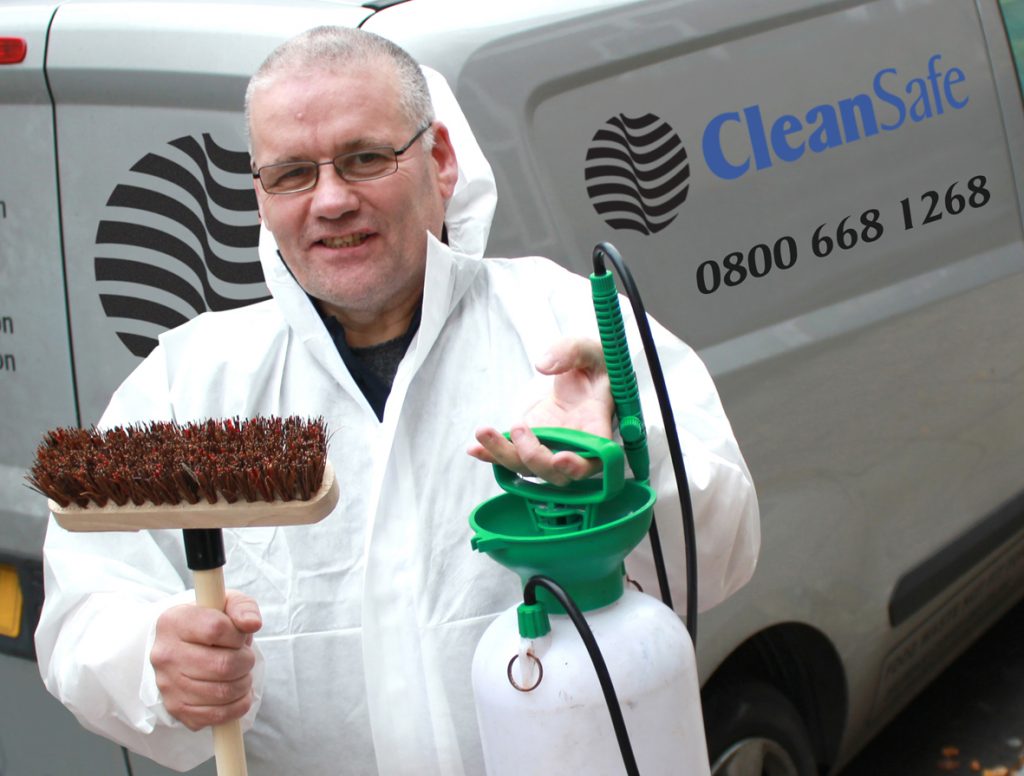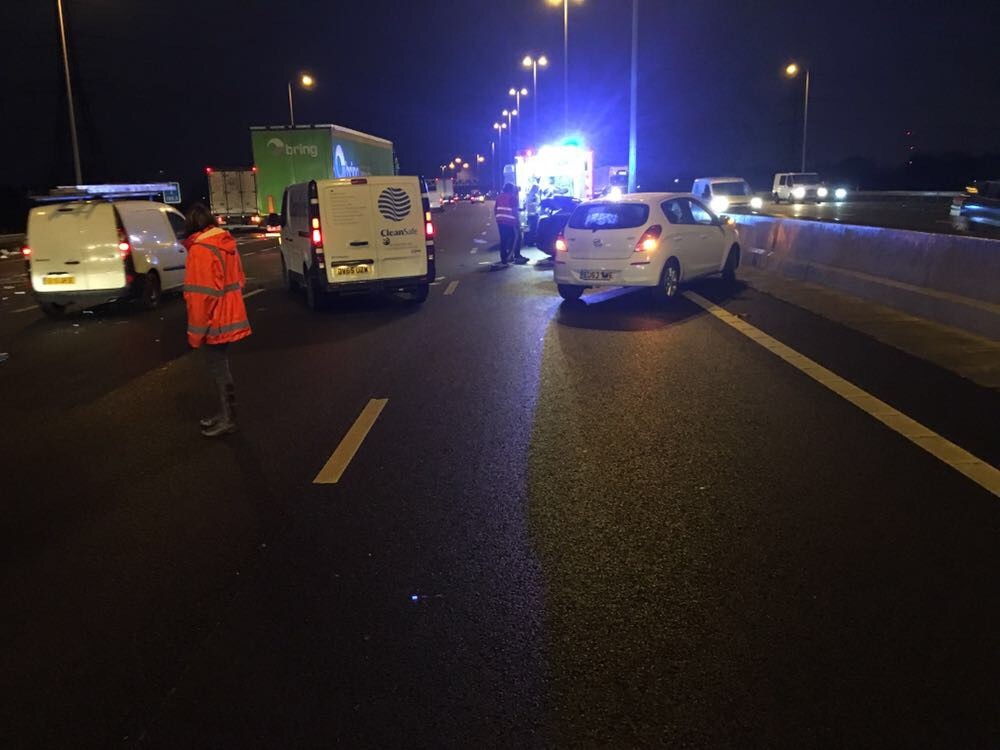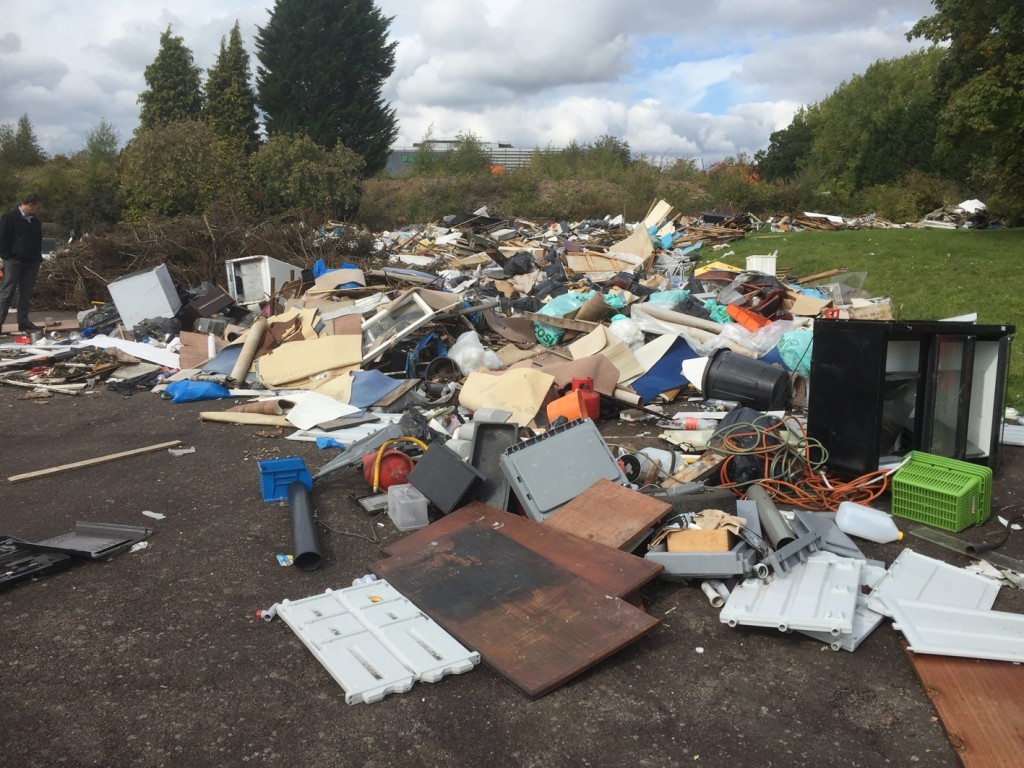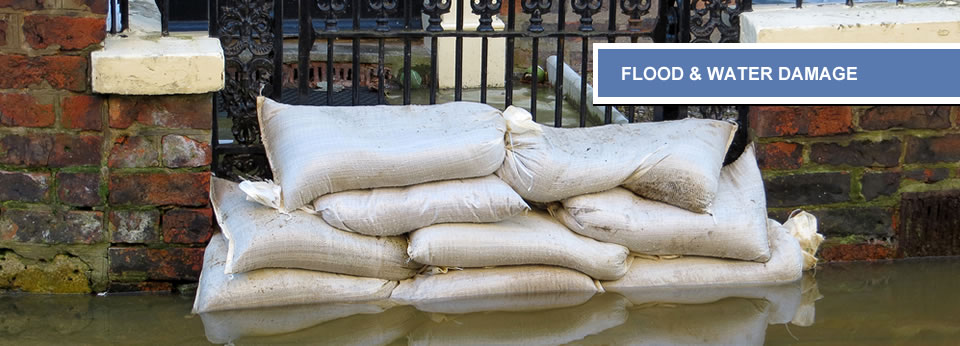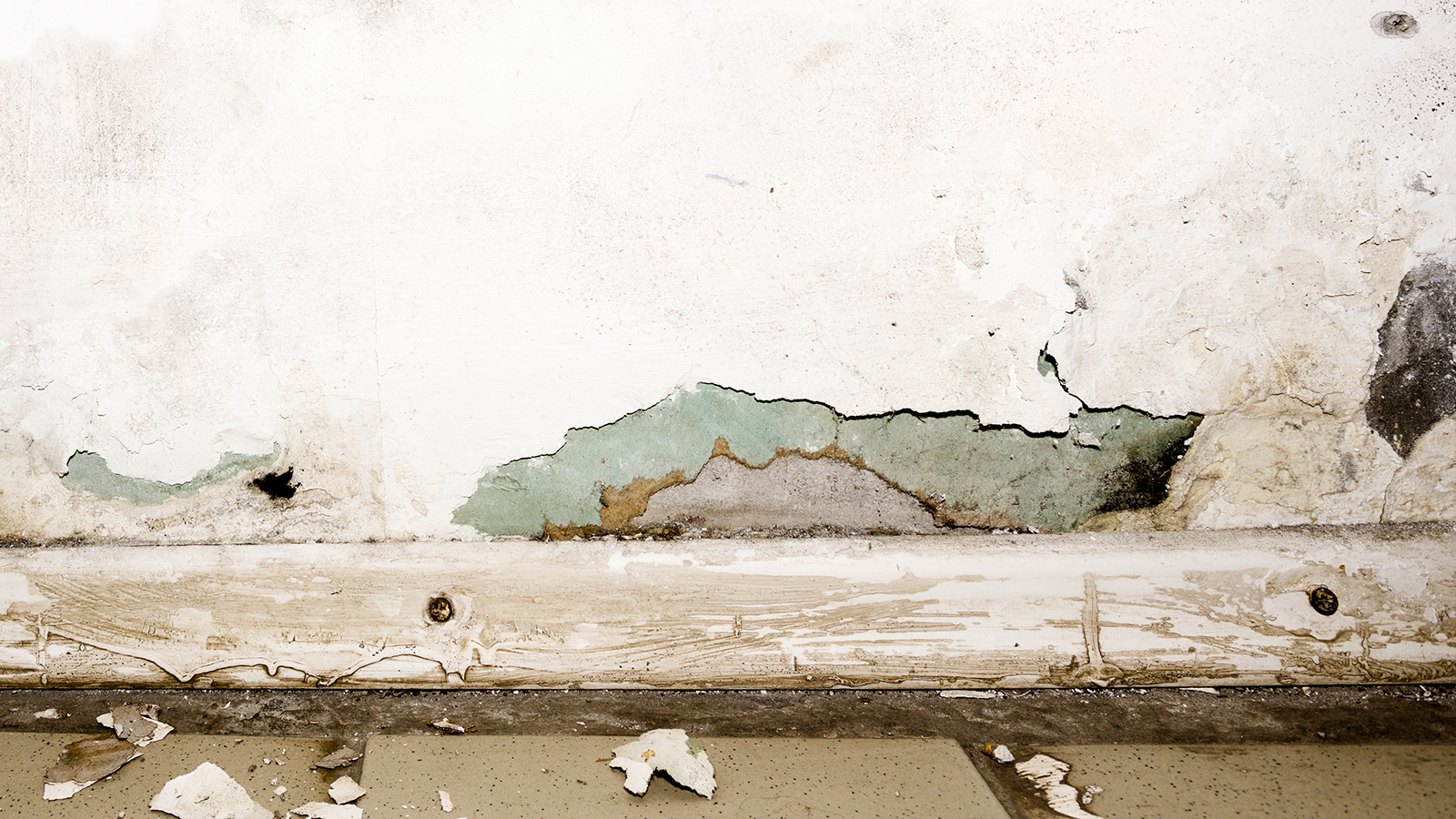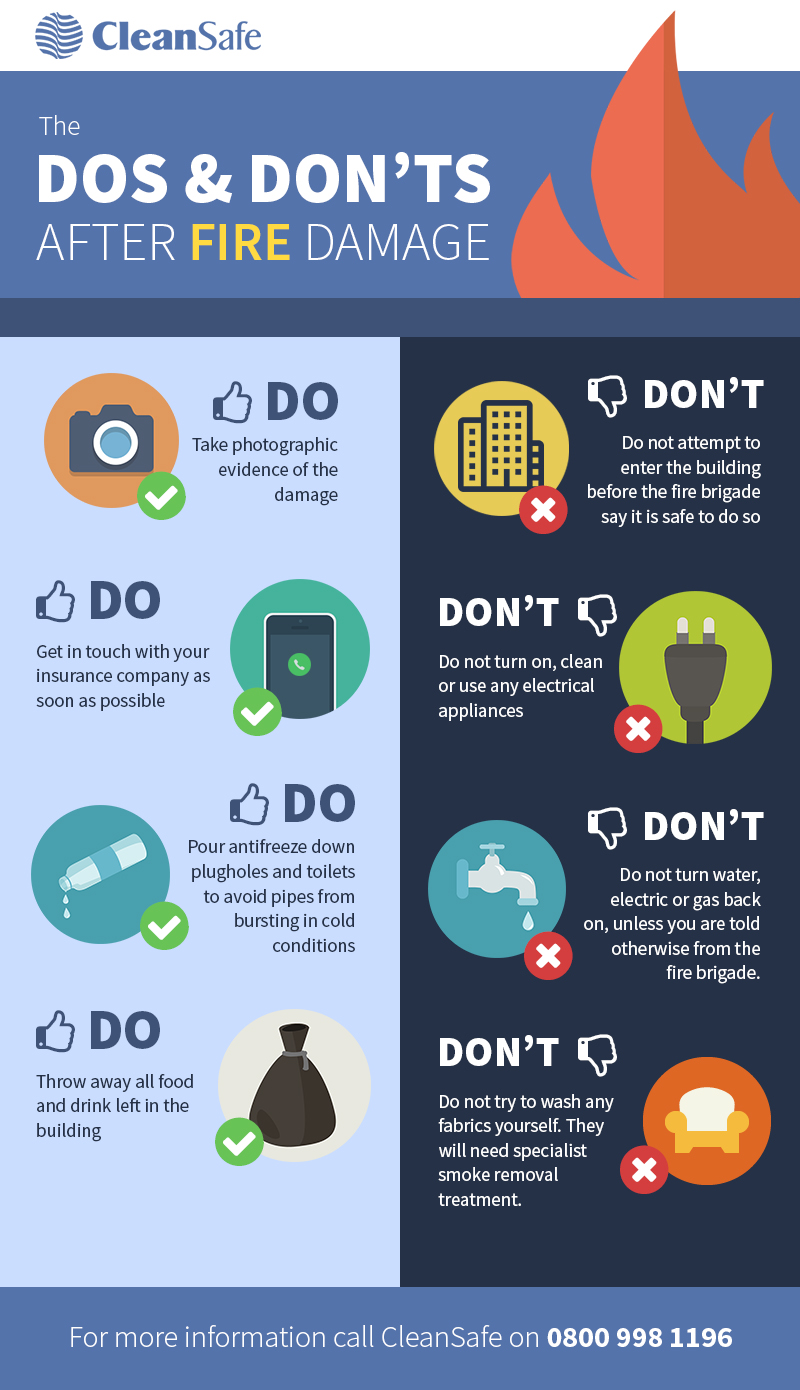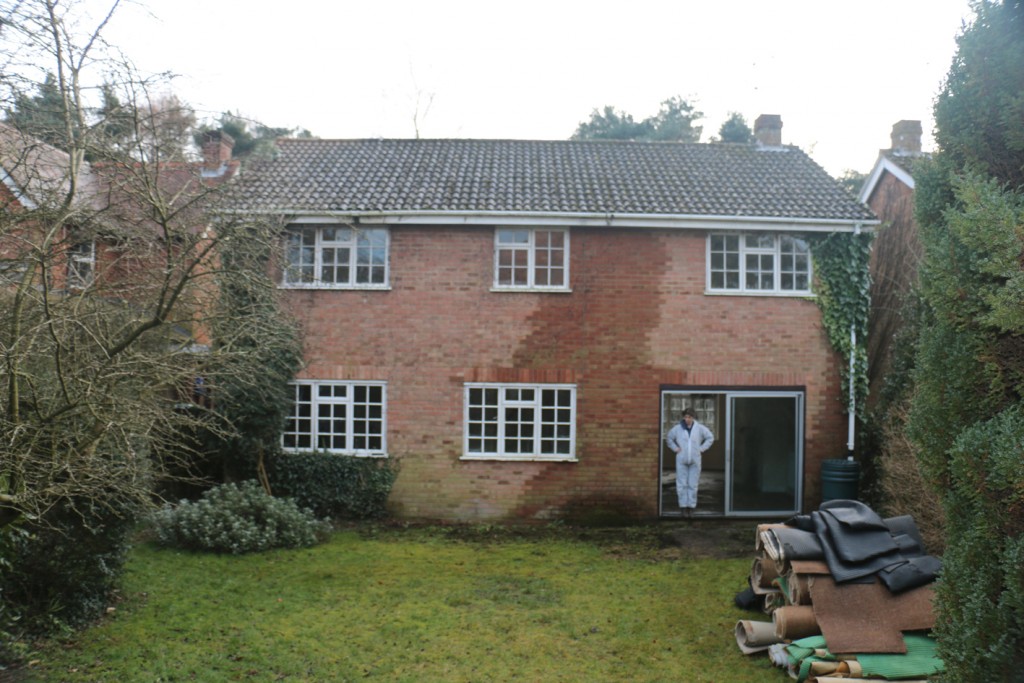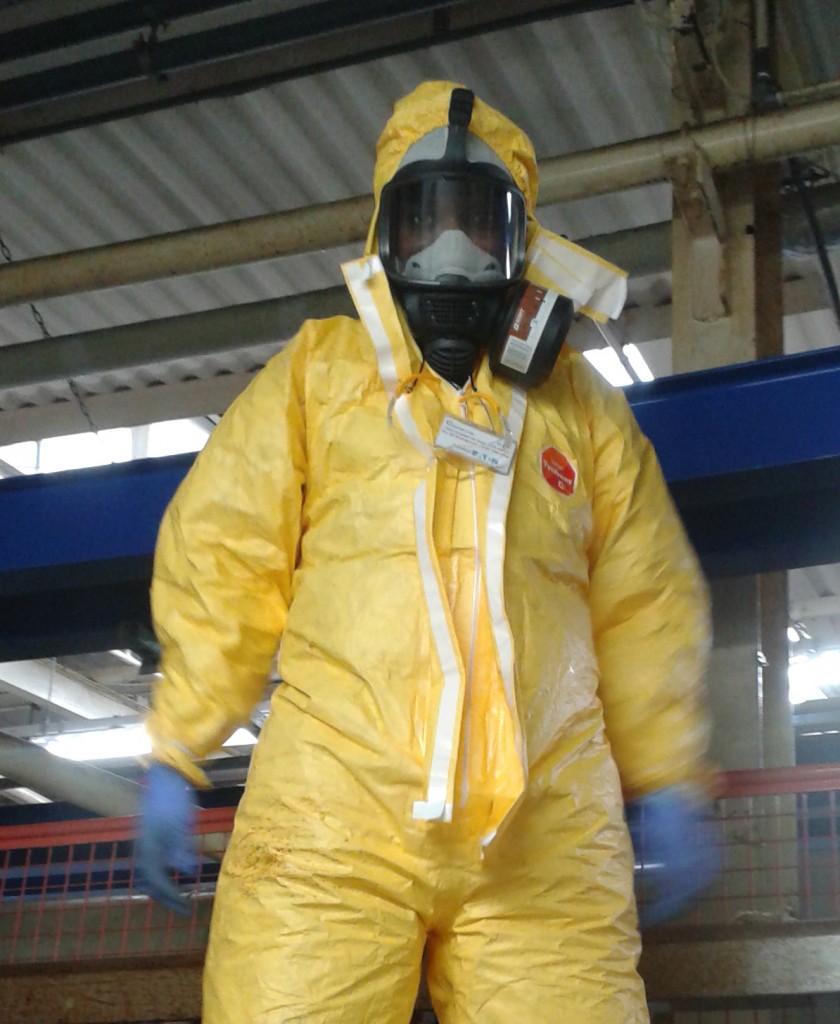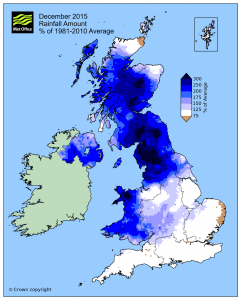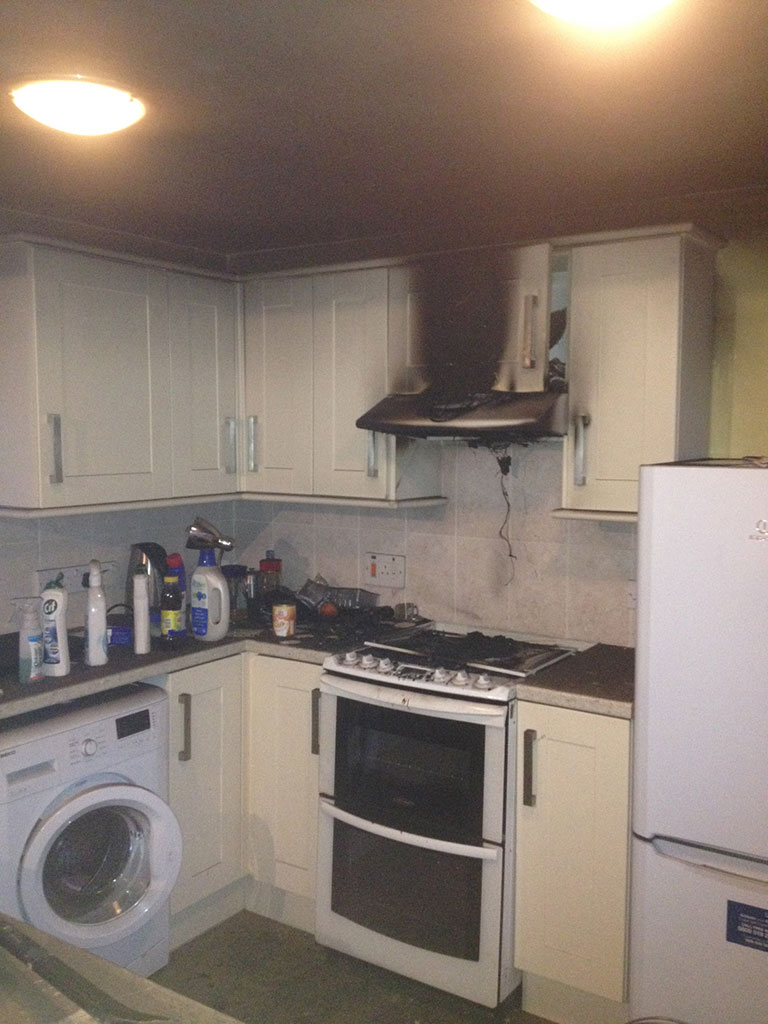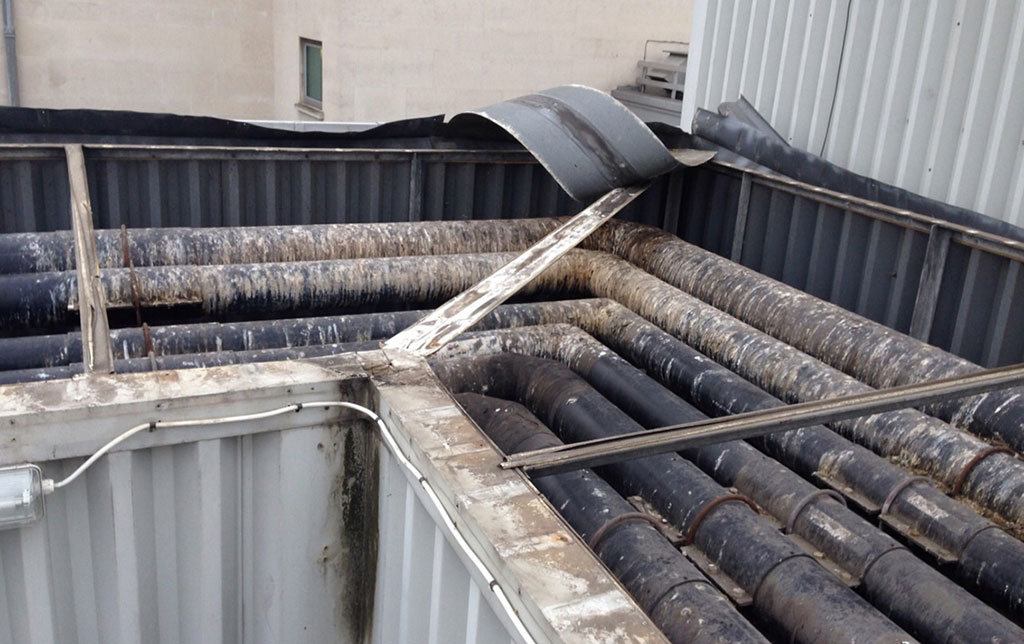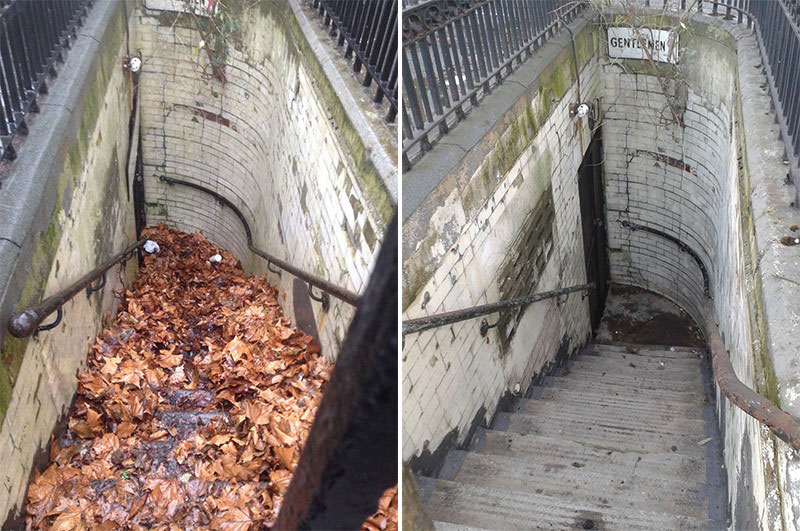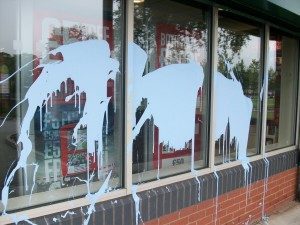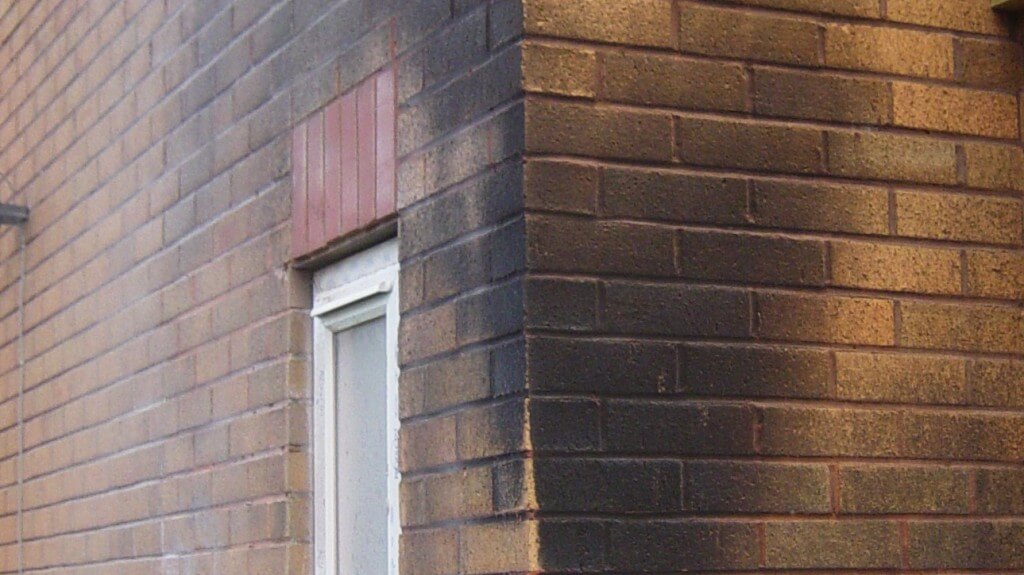Sewage water can cause irreparable damage to a property or a business if left unremoved for even a short period of time. There are three types of water flood damage which you can find out more about here. There are various causes for sewage flood damage:
- Toilet blockages – toilet pipes need to be inspected regularly as they can often get blocked or burst. When this happens, sewage water will overflow into your home or business, making the area highly unsanitary and uninhabitable if left unremoved.
- Deteriorating pipes – pipes deteriorate overtime and this deterioration can cause leakages that can be left unnoticed for a long time. Eventually sewage water can build up and overflow.
- Severe storms – in the event of a severe storm or heavy rain rivers, lakes and streams can overflow and come into contact with surrounding buildings. This water can also cause city sewage blockages which is when the problem becomes bigger.
Industry leakages – Water which originates from a heavy industry is also classed as sewage. This is due to the mixture of chemicals and nutrients in the water, which creates ideal living conditions for bacteria to thrive in. This waste may be more hazardous depending on the chemicals it contains and such spillages should only be cleaned up by a specialist team.
Sewage damage is one of the most serious flood damages there is and it can cause serious problems if it comes into contact with your home or your business. Sewage water or Blackwater is highly unsanitary wastewater which most likely contains raw sewage, bacteria, fungi and human and/or animal waste. It falls under Category 3 Water Damage and it poses a high health risk to humans and animals.
Many people (including daily office cleaning companies) do not wish to deal with the removal of sewage water and more importantly often do not have the correct cleaning gear or personal protection equipment (PPE) to be able to do the removal.
At CleanSafe Services we respond within less than two hours and we will be able to provide immediate aid with removing sewage floodwater before it becomes too late.


